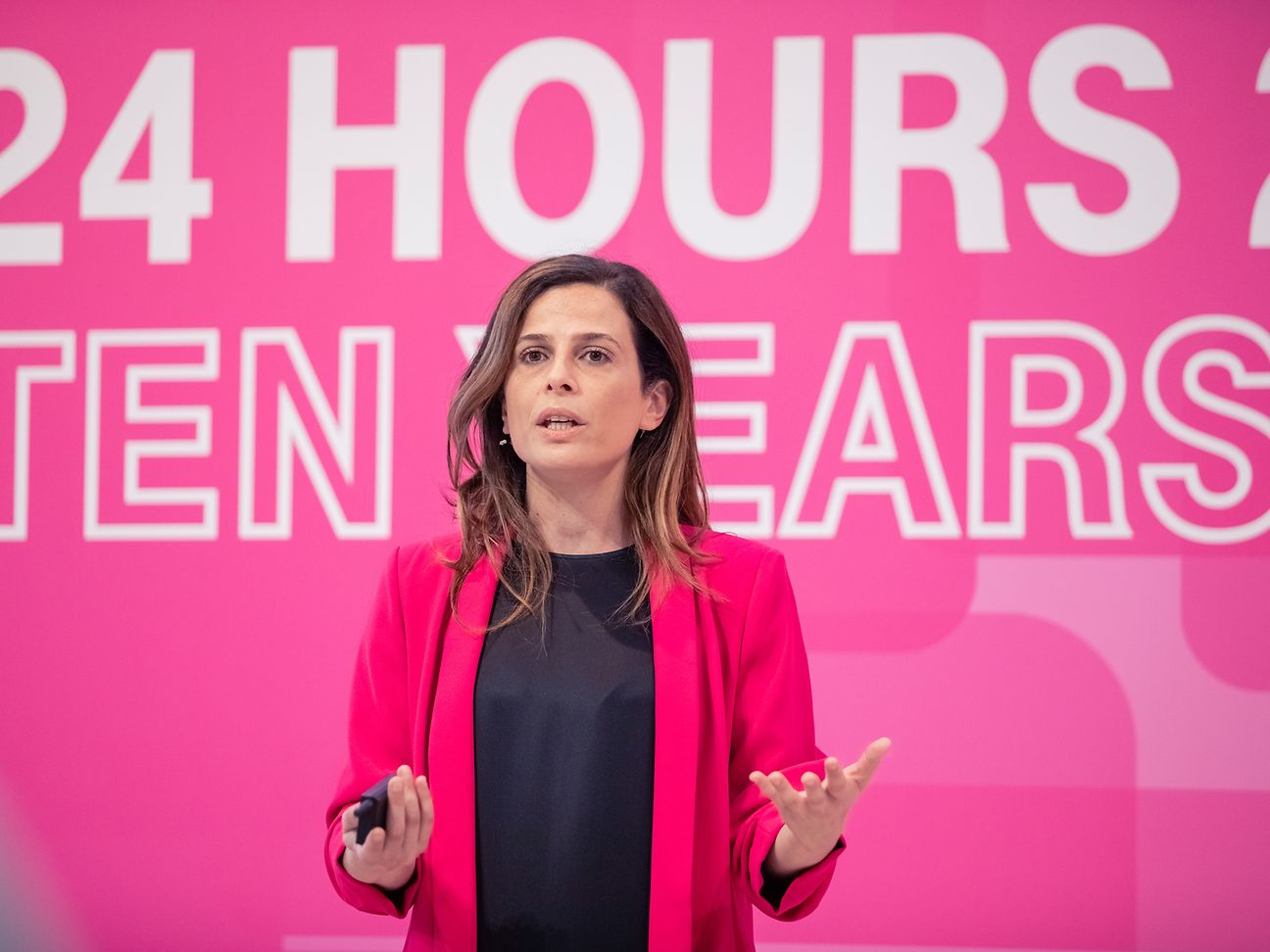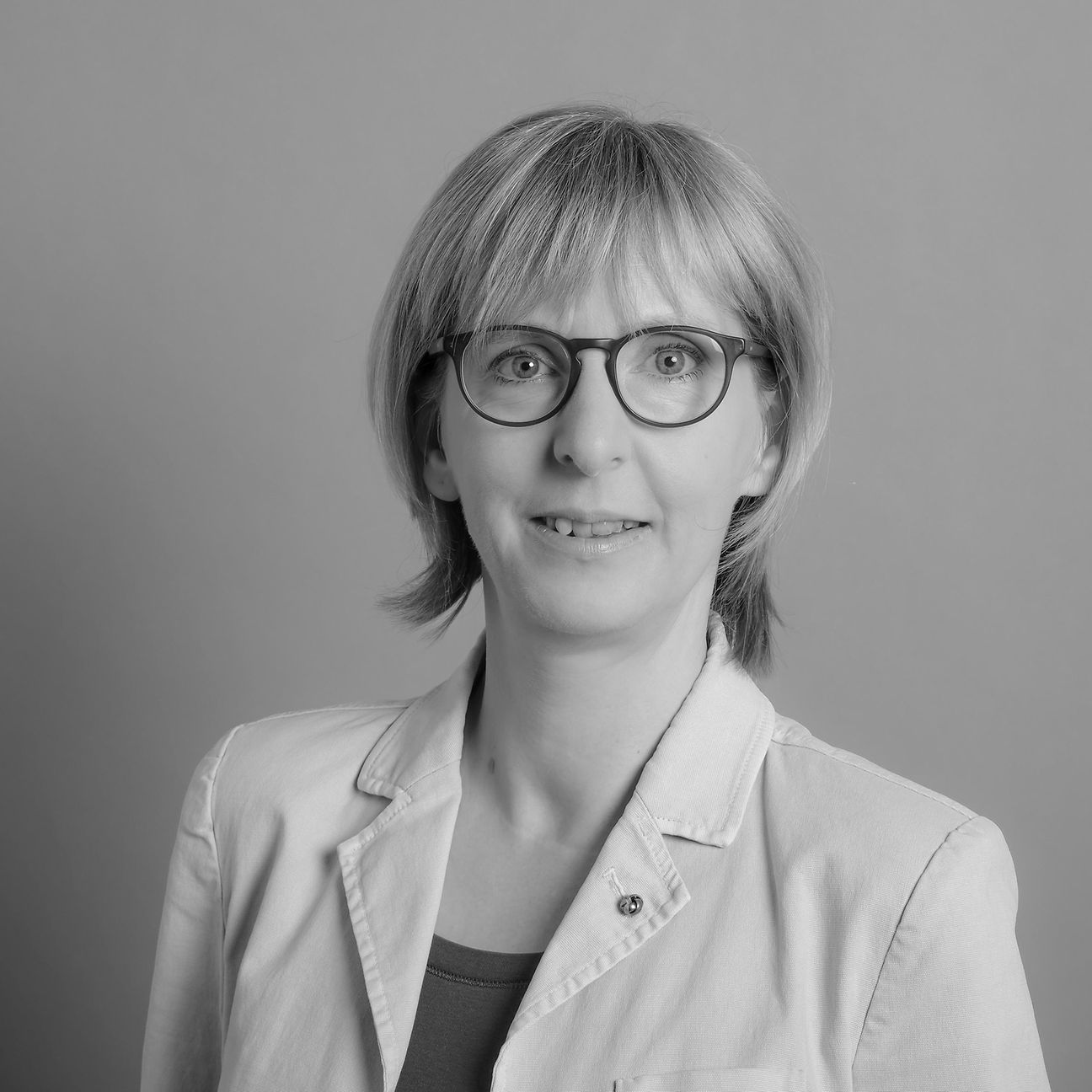

The smart city as an incubator for true democracy
Francesca Bria, Chief Technology and Digital Innovation Officer for the City of Barcelona, doesn't think of smart cities as smart street lights or online appointments. Her vision: the digital city as a place of genuine co-determination and lived democracy.
Smart city, meaning connected city, is a term often heard in the context of digitization. In most cases, it refers to such municipal conveniences as online booking of appointments to get documents (e.g. ID cards); apps for finding parking places; and street lights and trash cans fitted with sensors.
For Bria, the smart city is about more than such conveniences. For her, "the digital transformation is not really a technological transformation. It's an organizational and a cultural transformation." In keeping with this perspective, Bria dreams of smart cities as places where democracy and citizen participation come alive. She wants to make municipal governments more open and transparent. And she is striving to make her dream a reality – in Barcelona. Her position as Chief Technology and Digital Innovation Officer in that Catalonian city offers her an excellent basis for her efforts.
In general, Bria dreams of cities where citizens define the city's agenda and are able to set priorities such as affordable housing, a cleaner environment, attractive public spaces and better health care services. She dreams of cities that offer their citizens better services overall. In sum, she dreams of cities that, with such improvements, can be incubators for true democracy.
At the same time, she knows that such cities have to be connected cities. And that such cities collect data.
With smart street lights, for example, that only turn on when people pass by at night. Smart street lights save electricity and help reduce light pollution. Those are useful benefits. At the same time, such lights "know" how many people pass through their street, and when. Even greater quantities of data are collected by surveillance cameras linked to facial recognition software. Such systems are installed to facilitate identification of wanted suspects or criminals. What happens with the data such systems collect? How long, and where, are the data stored? How can we ensure that such data are not used for purposes of mass surveillance and control?
Bria wants to help shape digitalization in ways that serve society – and not companies or governments. "One of the greatest challenges facing us is that of regaining democratic control over digital infrastructures and data," she notes, adding that citizens' data belongs to citizens and not to a handful of companies. For this reason, she explains, citizens should have the right to control what happens with their data. In this regard, Bria refers to data and infrastructure as "public assets" that should be used for the purpose of "improving citizens' lives."
The digital revolution should not be a "privilege for the few," she emphasizes.
Do you think her beautiful ideas have any chance of coming to fruition?
You'll find the complete interview with Francesca Bria here.


